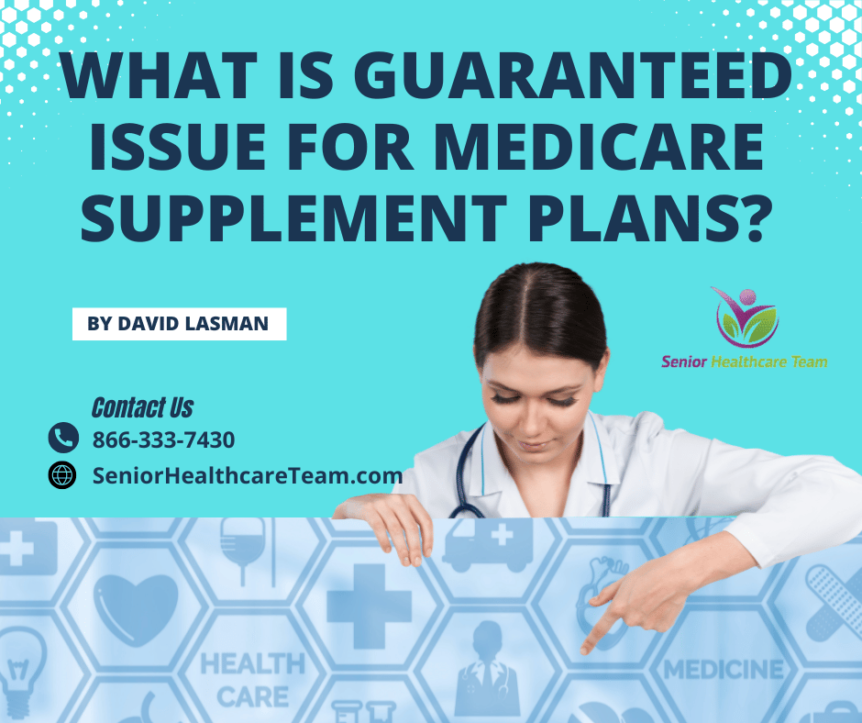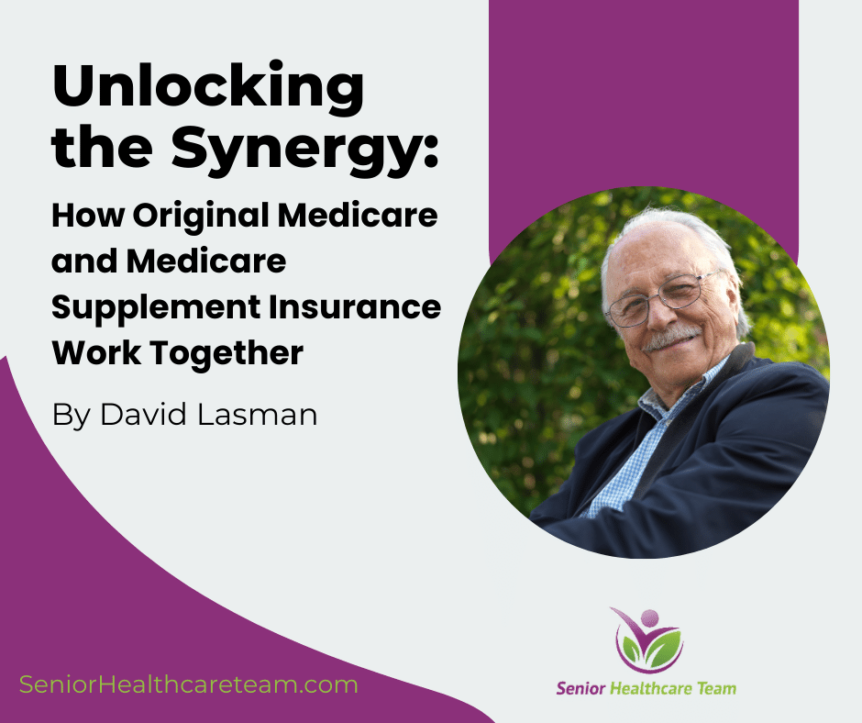Medicare Supplement Insurance, or Medigap, is a vital tool for many Medicare beneficiaries. It helps cover healthcare costs not included in Original Medicare, such as copayments, coinsurance, and deductibles. However, obtaining a Medigap policy isn’t always straightforward. While there are periods when applying is simple and guaranteed, outside those windows, insurers often require medical underwriting. This process can result in …
How to Find the Best Supplemental Insurance with Medicare in South Florida
As you approach retirement or continue to navigate your healthcare needs as a senior, securing the right Medicare supplement insurance alongside Medicare becomes crucial. Medicare, while comprehensive in many areas, does not cover all healthcare expenses, which can lead to significant out-of-pocket costs for services like copayments, coinsurance, and deductibles.
Do I Really Need Supplemental Insurance with Medicare?
As individuals approach retirement age in the United States, one of the primary concerns is healthcare coverage. Medicare, the federal health insurance program for people aged 65 and older, provides essential coverage for many medical services. However, Medicare alone may not cover all healthcare costs, leading many individuals to consider supplemental insurance plans. But do you really need supplemental insurance with Medicare?
Unveiling the Best of the Best: The Top 5 Medicare Supplement Plans Revealed!
Are you looking for the best Medicare supplement plans? Look no further! In this article, we will unveil the top 5 Medicare supplement plans that provide extensive coverage and value for your healthcare needs. Whether you’re a senior citizen or someone with a disability, having the right Medicare supplement plan is essential to ensure you receive the healthcare services you deserve.
Unlocking the Synergy: How Original Medicare and Medicare Supplement Insurance Work Together
Navigating the complex landscape of healthcare coverage can be a daunting task, especially for seniors seeking comprehensive care. Original Medicare, consisting of Part A (Hospital Insurance) and Part B (Medical Insurance), lays the foundation for basic coverage. However, many beneficiaries find that it doesn’t cover all their healthcare expenses. Enter Medicare Supplement Insurance, also known as Medigap, designed to fill the gaps left by Original Medicare. In this article, we’ll explore how these two components work in tandem to provide a more robust and seamless healthcare experience for seniors.
The Indispensability of Medigap Plan G: Ensuring Comprehensive Healthcare Coverage
As individuals approach the age of 65, navigating the complexities of Medicare can become a daunting task. While Medicare Part A and Part B provide essential coverage for hospital stays and medical services, they do not cover all expenses, leaving beneficiaries vulnerable to potential out-of-pocket costs.
Essential Questions for Senior Citizens to Ask Their Agent About Medicare Supplement Insurance
As individuals approach their retirement years, health becomes an important aspect of their lives. With the increasing costs of medical services, having comprehensive health insurance is crucial to ensure financial security and peace of mind. For senior citizens relying on Medicare, understanding the nuances of Medicare Supplement Insurance, or Medigap, becomes paramount.
Can You Use Your HSA For Medicare?
If you’re like many workers in the U.S., you may have been saving money in a health savings account (HSA) for years, which can be helpful should you face medical expenses during retirement.
But once you reach age 65, which is when you reach Medicare eligibility, contributing to an HSA becomes a bit more complicated. While you can use HSA funds to pay Medicare premiums, you cannot continue contributing to your HSA after enrolling in Medicare.
How Can a Medicare Supplement Plan (Medigap) Save You Money?
As people age, the likelihood of requiring medical attention increases significantly. For individuals age 65 and over, healthcare expenses can become a considerable financial burden. Fortunately, there is a solution that can help alleviate the cost of healthcare for seniors – Medigap
Medicare and Medicare Supplement Insurance (Medigap) Explained
Medicare is a federal health insurance program in the United States that provides coverage for eligible individuals who are 65 years or older, younger people with disabilities, and people with end-stage renal disease.










